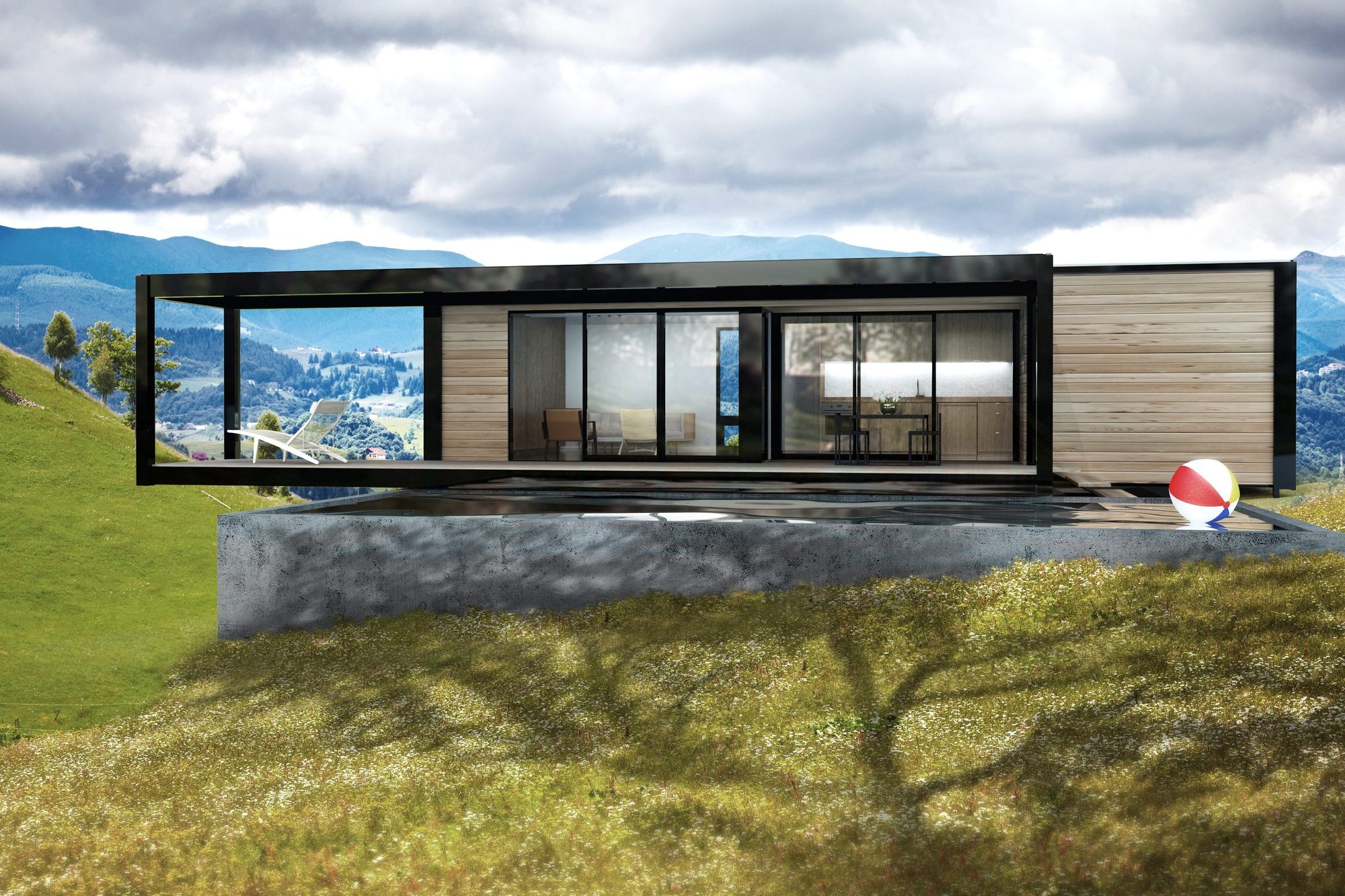A backyard Accessory Dwelling Unit (ADU) is a secondary housing unit located on the same lot as a primary residence. These units, often referred to as granny flats, in-law suites, or guest houses, are gaining popularity due to their versatility and the ability to provide additional living space without the need for a major move. They can be built as detached units, attached extensions, or even converted garages or basements. The growing trend of backyard adus is largely driven by the need for affordable housing solutions and the desire for multifunctional living spaces.
Benefits of Adding a Backyard ADU
One of the primary benefits of a backyard ADU is its flexibility. These units can serve a variety of purposes, such as housing elderly family members, providing a private space for adult children, or even generating rental income. In urban areas where housing is scarce, an ADU can offer a cost-effective way to increase the housing supply without the need for new construction on undeveloped land. Additionally, ADUs can enhance property value. Homes with ADUs are often more attractive to buyers due to the extra space and potential rental income, making them a smart investment for homeowners looking to increase their property’s market value.
Design and Construction Considerations
When planning a backyard ADU, there are several design and construction considerations to keep in mind. First, it’s important to check local zoning laws and building codes to ensure that your ADU meets all legal requirements. Design considerations should include functionality, privacy, and aesthetic integration with the existing property. ADUs should be designed to maximize space efficiency, incorporating smart storage solutions and multifunctional furniture. Additionally, thoughtful design can ensure that the ADU complements the main home and the surrounding environment, maintaining harmony in the overall property.
Financial and Legal Implications
Building a backyard ADU involves both financial and legal implications. On the financial side, costs can vary widely depending on the size, design, and materials used for the ADU. Homeowners should budget for construction costs, permits, and potential utility upgrades. However, the investment can often be recouped through rental income or increased property value. Legally, homeowners need to navigate zoning regulations, building codes, and permit requirements. Ensuring compliance with these regulations is crucial to avoid fines or legal issues. Consulting with a real estate lawyer or a local planning office can provide valuable guidance throughout the process.
In summary, a backyard ADU offers numerous advantages, from providing additional living space to increasing property value. With thoughtful design and careful planning, homeowners can successfully integrate an ADU into their property, making the most of their space while addressing their personal and financial needs.



